Why Hire A Professional Planner?
Professional planners have the expertise and education to work with communities and the private sector to create places where people want to live, work and play.
Professional planners have the skills to manage the disposition of land, resources, facilities and services with a view to creating sustainable, safe and healthy rural and urban communities, balancing private and public interest.
A professional planner’s activities include designating land use, designing social and community services, managing cultural and heritage resources, creating economic capacity in local communities and addressing transportation and infrastructure.
Professional planners work for the public good, taking health, aesthetics, equity and efficiency into consideration.
Professional planners are regulated professionals. To use the designations of Registered Professional Planner or RPP (in New Brunswick) , and Member of the Canadian Institute of Planners or MCIP (in Prince Edward Island and Newfoundland and Labrador), individuals have to meet a national competency standard, abide by a Professional Code of Conduct and Code of Ethics and complete mandatory continuous professional learning.
A professional planner can conduct community consultations, recommend policy and guidelines on land use, environmental issues, transportation and housing, prepare reports on demographic, economic, cultural and social issues, and prepare plans for developing private land or public spaces. Planners work on issues such as affordable housing, climate change, environmental stewardship, town planning and community develop.
Use our job board to post a request for proposals or job opening for a professional planner.
